Why a ‘broken heart’ can be fatal
New research uncovers causes of syndrome that mimics heart attack - and offers hope of cure
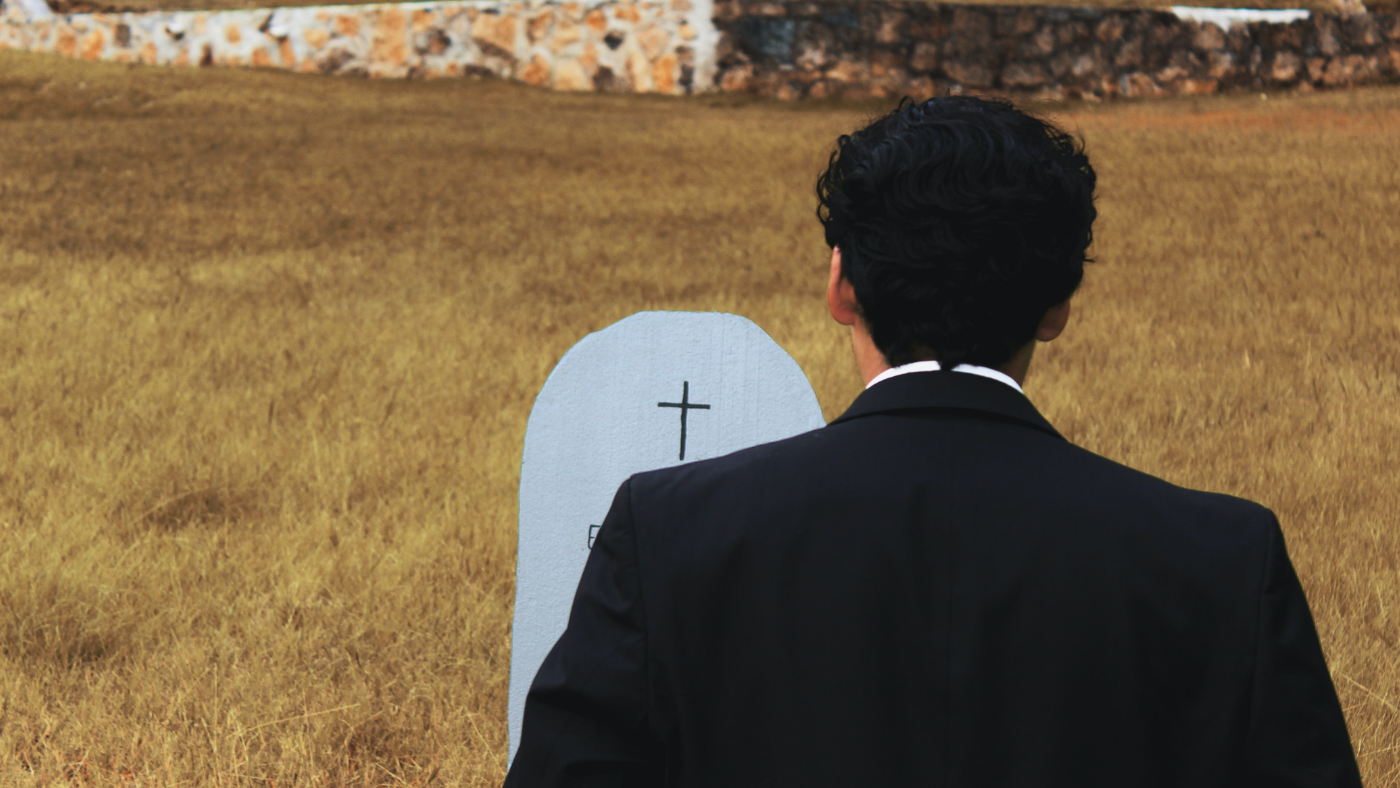
A free daily email with the biggest news stories of the day – and the best features from TheWeek.com
You are now subscribed
Your newsletter sign-up was successful
Soul singer Al Green posed an age-old question in his 1972 hit How Can You Mend a Broken Heart - but now scientists believe they may soon have the answer.
New research has revealed why stressful events such as divorce or bereavement can trigger takotsubo cardiomyopathy, also known as broken heart syndrome. Affecting an estimated 2,500 people in the UK each year, mostly women, it occasionally proves fatal.
The condition “causes the left ventricle of your heart to change shape and get larger” until it begins to resemble the narrow-necked Japanese octopus trap after which takotsubo is named, explains the British Heart Foundation, which funded the Imperial College London (ICL) study.
The Week
Escape your echo chamber. Get the facts behind the news, plus analysis from multiple perspectives.

Sign up for The Week's Free Newsletters
From our morning news briefing to a weekly Good News Newsletter, get the best of The Week delivered directly to your inbox.
From our morning news briefing to a weekly Good News Newsletter, get the best of The Week delivered directly to your inbox.
This “weakens the heart muscle and means it doesn't pump blood as well as it should”, causing heart attack-like symptoms including chest pain and shortness of breath, says the charity.
Why the syndrome strikes some people but not others has been a “longstanding medical mystery”, writes The Times’ science correspondent Rhys Blakely. In about 70% of cases, a “stressful trigger” is identified, he continues. “About 50% will result in acute complications, while about 10% who have had takotsubo syndrome once will have another episode.”
But although no treatments are currently available to prevent further attacks, the ICL researchers “have now found that increased levels of two types of molecule in the blood, linked to stress and anxiety, signal a heightened risk”, Blakely reports.
These molecules - called microRNA-16 and microRNA-26a - regulate how genes are decoded to produce proteins inside cells. Experiments involving human and rat heart cells found that the molecules appeared to make the cells more likely to stop functioning properly when exposed to adrenaline.
A free daily email with the biggest news stories of the day – and the best features from TheWeek.com
The study findings, outlined in a paper in the journal Cardiovascular Research, suggest that “longer-term stress followed by a dramatic shock could trigger the effects seen in broken heart syndrome”, says The Telegraph.
Separate recent research by Harvard Medical School scientists also found links between activity in the amygdala, “a brain region involved in stress response”, and an increased risk of takotsubo, The Scientist reports.
Experts say the next goal is to develop a blood test or drugs to help identify and prevent cases in high-risk patients.
Sian Harding, professor of cardiac pharmacology at ICL, said: “Takotsubo syndrome is a serious condition, but until now the way it occurs has remained a mystery. We don’t understand why some people respond in this way to a sudden emotional shock while many do not.
“This study confirms that prior stress, and the microRNAs associated with it, can predispose a person to developing takotsubo syndrome in situations of future stress. Stress comes in many forms, and we need further research to understand these chronic stress processes.”
BHF medical director Professor Metin Avkiran added that studies to “determine if drugs that block these microRNAs could be the key to avoiding broken hearts”.
Julia O'Driscoll is the engagement editor. She covers UK and world news, as well as writing lifestyle and travel features. She regularly appears on “The Week Unwrapped” podcast, and hosted The Week's short-form documentary podcast, “The Overview”. Julia was previously the content and social media editor at sustainability consultancy Eco-Age, where she interviewed prominent voices in sustainable fashion and climate movements. She has a master's in liberal arts from Bristol University, and spent a year studying at Charles University in Prague.
-
 Why are election experts taking Trump’s midterm threats seriously?
Why are election experts taking Trump’s midterm threats seriously?IN THE SPOTLIGHT As the president muses about polling place deployments and a centralized electoral system aimed at one-party control, lawmakers are taking this administration at its word
-
 ‘Restaurateurs have become millionaires’
‘Restaurateurs have become millionaires’Instant Opinion Opinion, comment and editorials of the day
-
 Earth is rapidly approaching a ‘hothouse’ trajectory of warming
Earth is rapidly approaching a ‘hothouse’ trajectory of warmingThe explainer It may become impossible to fix
-
 Pros and cons of cold-water swimming
Pros and cons of cold-water swimmingPros and Cons Icy dips at Christmas can be a ‘mood booster’ but also carry health risks
-
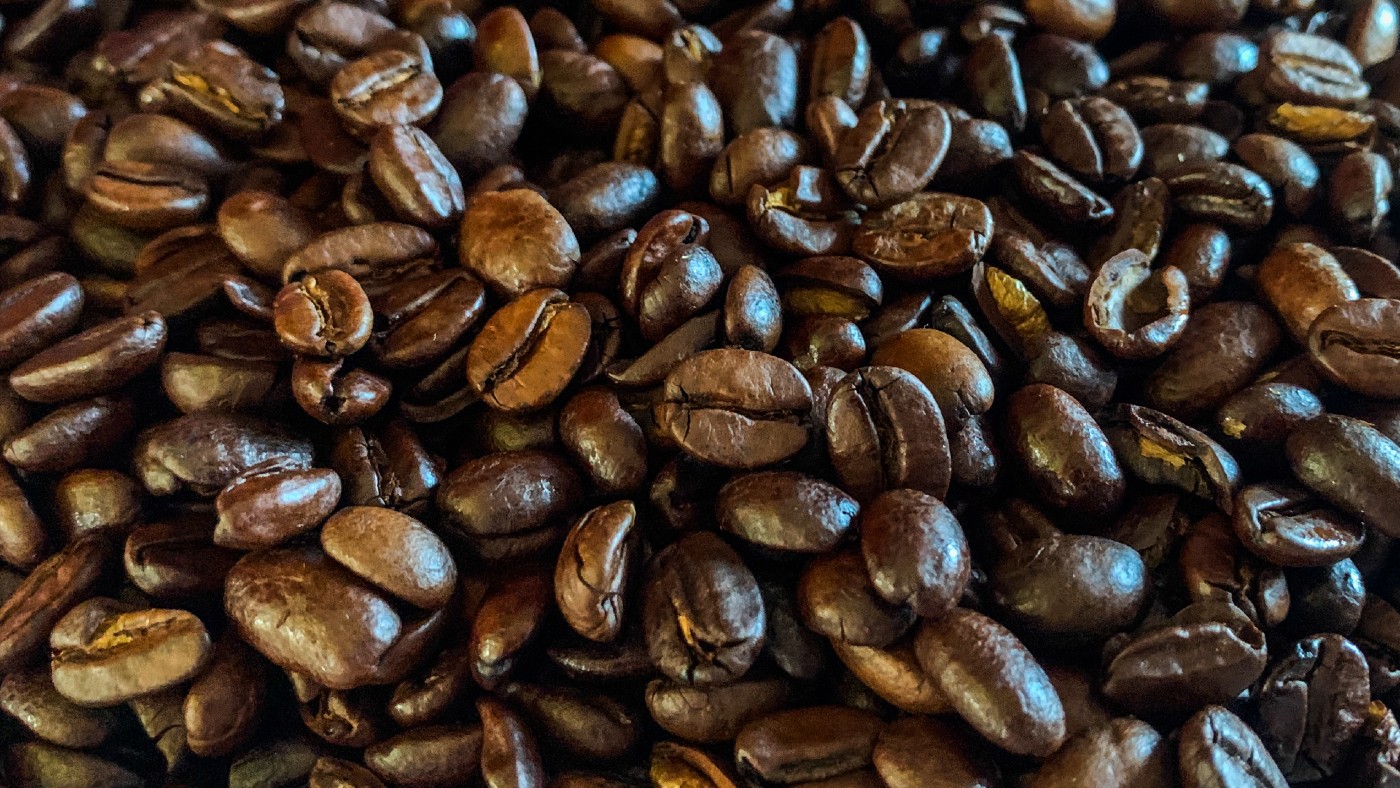 The pros and cons of drinking coffee
The pros and cons of drinking coffeePros and Cons Studies have shown drinking it in moderation can reduce risk of certain diseases – but it should be avoided during pregnancy
-
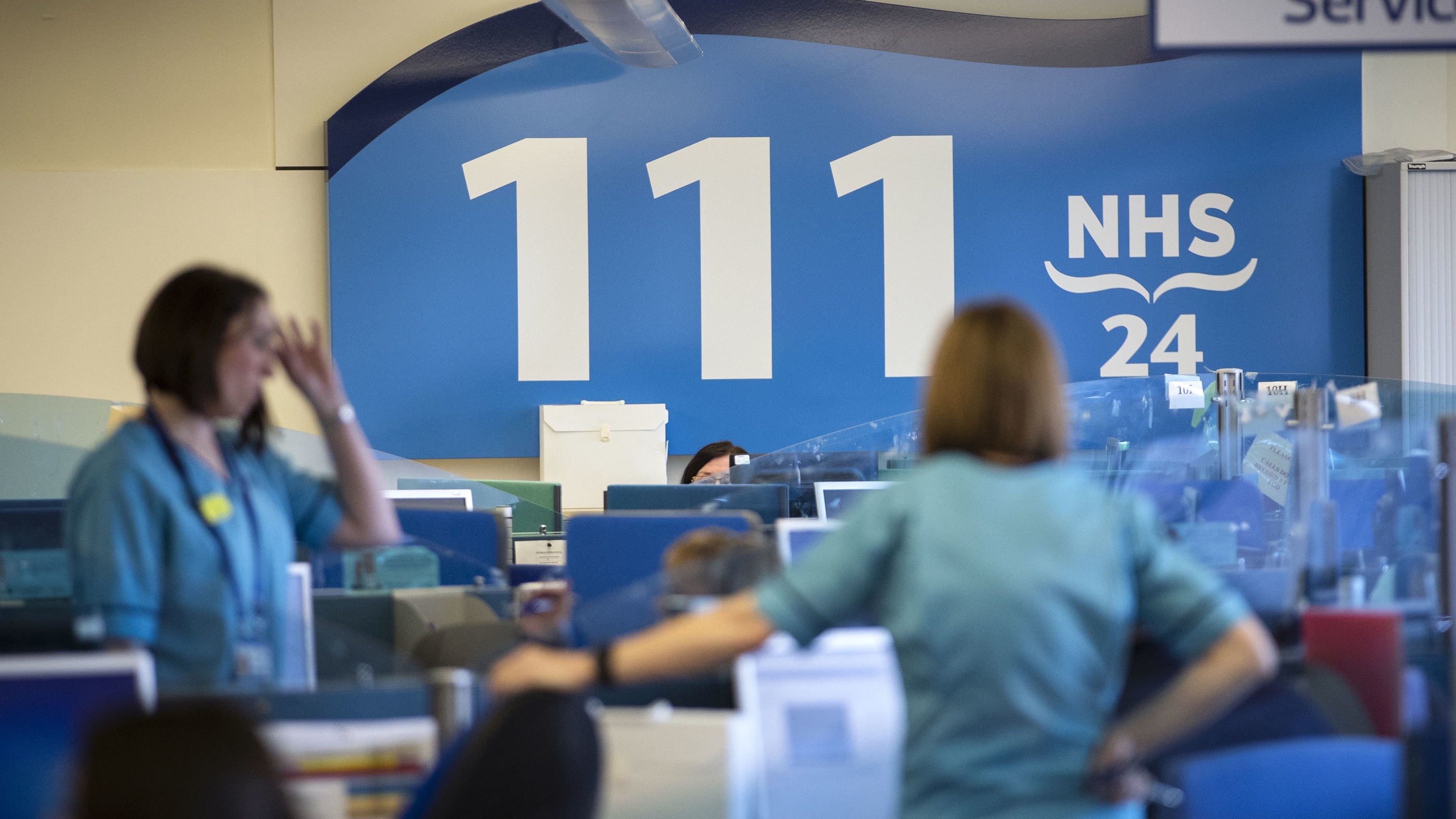 Will UK see a post-coronavirus surge in preventable deaths?
Will UK see a post-coronavirus surge in preventable deaths?In Depth A&E numbers plummet as people shun hospitals amid fears of infection with Covid-19
-
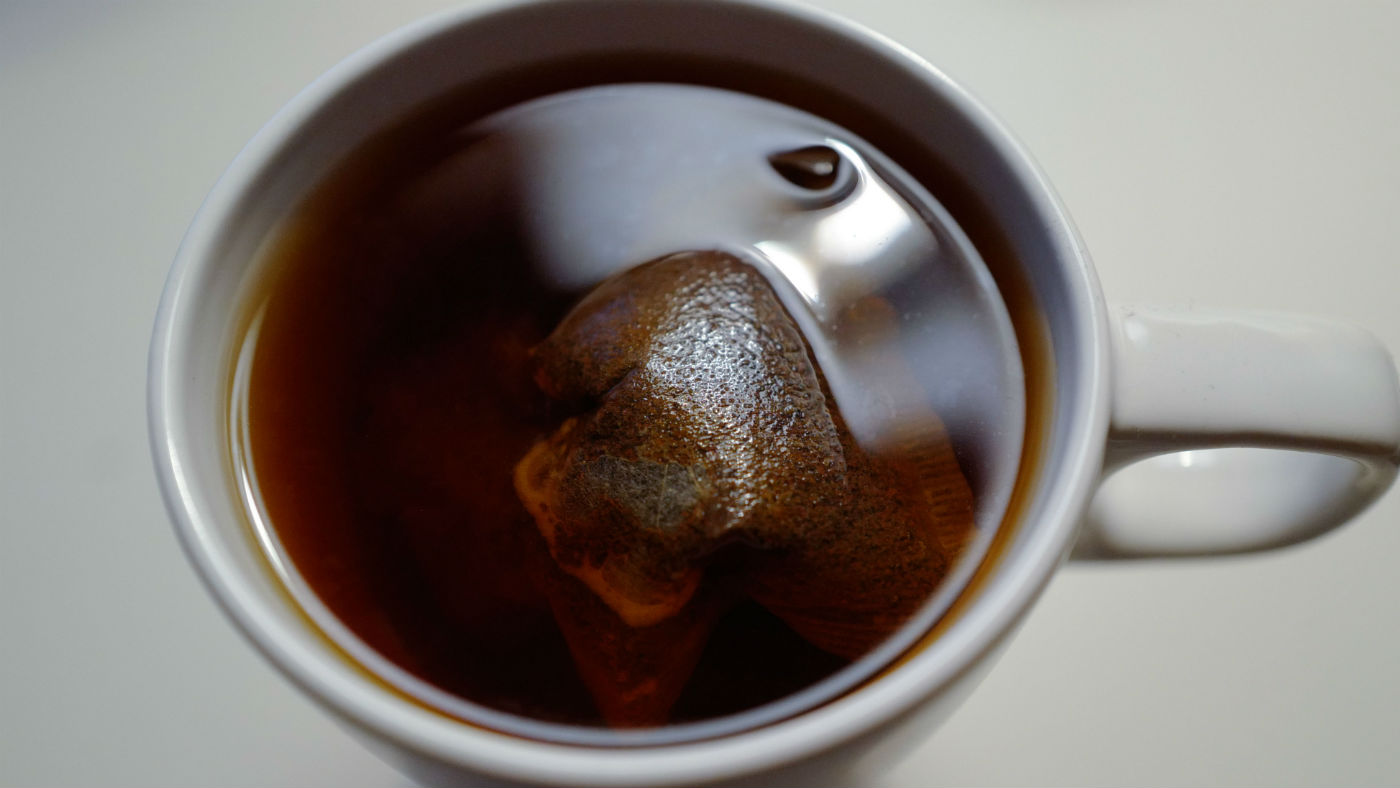 Drinking tea ‘secret to longer, healthier life’
Drinking tea ‘secret to longer, healthier life’Speed Read New research suggests three cups a week could dramatically reduce risk of heart disease
-
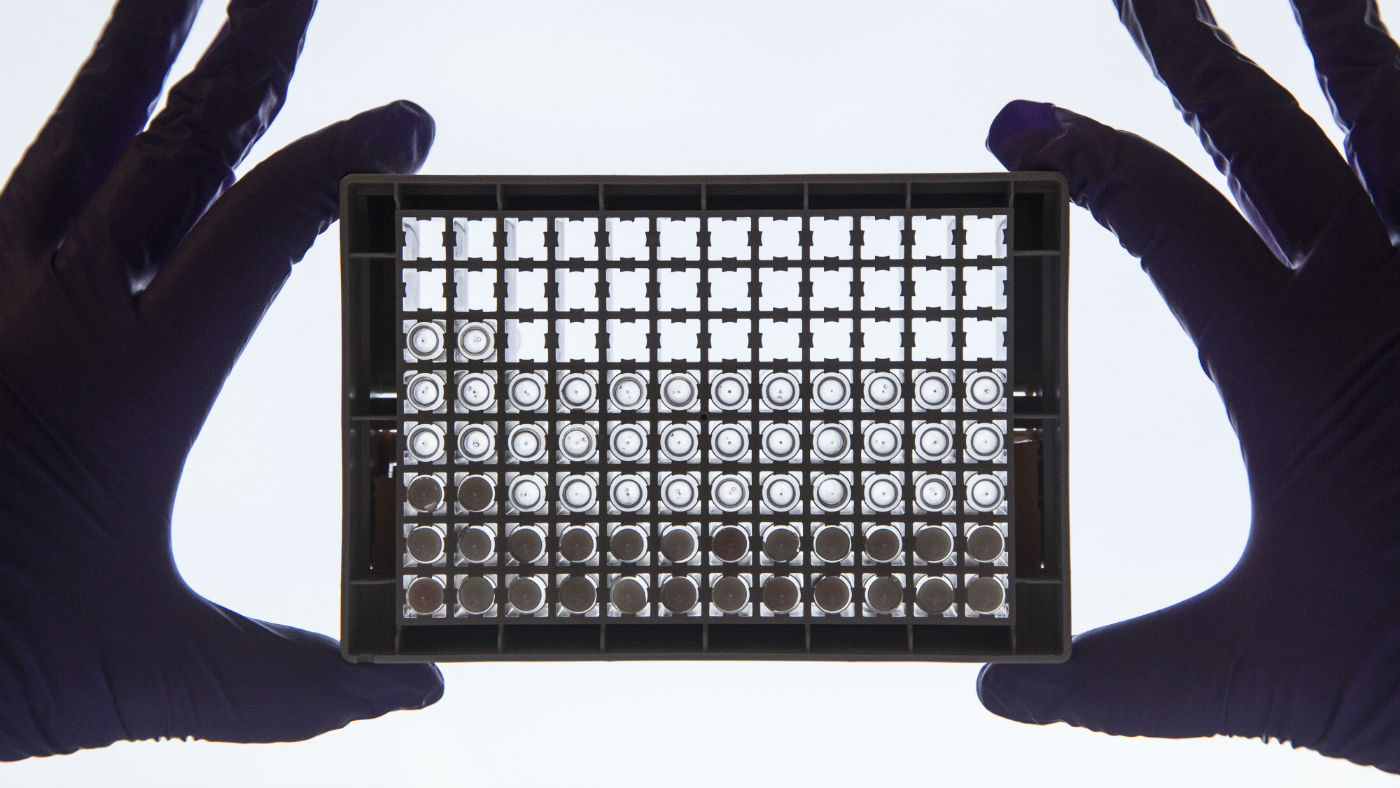 Heart attack and cancer risk cut by new treatment
Heart attack and cancer risk cut by new treatmentSpeed Read Injections of the anti-inflammatory canakinumab are revolutionary, say scientists